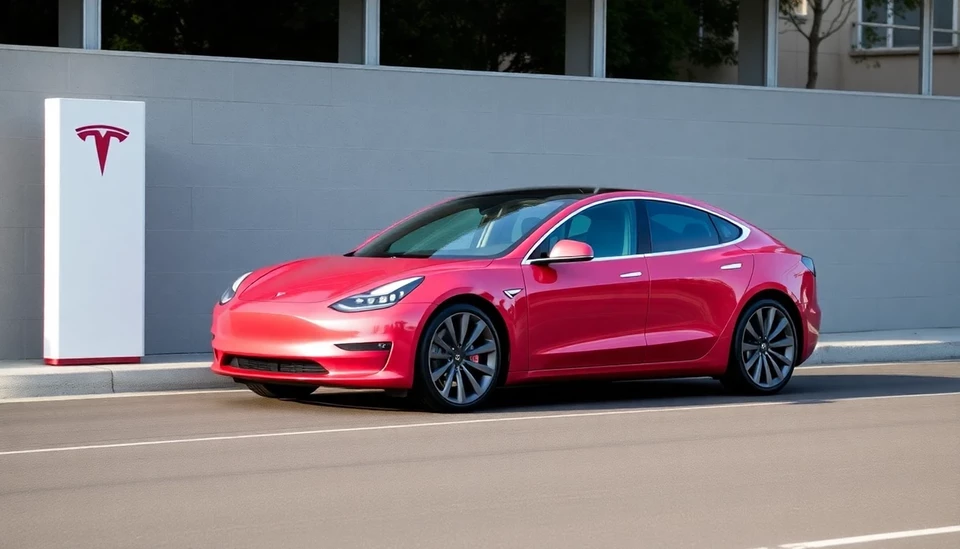
In an impactful turn of events for the aerospace industry, Elon Musk's recent initiative to review the specifications of Air Force One is compelling Boeing to reassess its operational strategies and technologies. The project, aimed at modernizing the iconic aircraft that transports U.S. presidents, is not merely a technical examination; it raises questions about the future of Boeing's market position amid fierce competition and financial challenges.
Musk, the visionary CEO of companies including Tesla and SpaceX, has a reputation for pushing the boundaries of technology. His involvement adds a layer of intrigue and credibility to an already significant undertaking. By reviewing the needs of Air Force One, Musk is effectively entering a realm where innovation meets tradition, challenging Boeing to step up its game in the face of evolving defense and transportation demands.
The central theme of the review is to assess how Boeing can enhance the efficiency, reliability, and safety of Air Force One, particularly in an era characterized by rapid technological advancements. Musk's keen interest in aerospace has long been evident through his work with SpaceX, where he has shown a relentless pursuit of innovation. The stakes could not be higher as Boeing grapples with a reputation that's taken hits due to recent operational setbacks and delays across several programs.
Additionally, this review comes at a time when Boeing is vying for recovery from a series of crises including the troubled 737 Max and ongoing struggles with its supply chain. The Air Force One project represents a critical opportunity for Boeing to regain public trust and showcase its capabilities in producing state-of-the-art jets that meet stringent governmental standards.
The review process is expected to involve rigorous testing and evaluation phases that will not only scrutinize current capabilities but will also explore innovative solutions that align with Musk's vision of the future of air travel. There could be implications for broader military applications, especially with a view towards sustainability and advanced technologies that could integrate artificial intelligence and hybrid power systems.
While details of Musk's exact plans remain under wraps, sources indicate he is likely to involve a variety of experts and engineers in the review process, potentially fostering collaborations beyond Boeing. This could lead to partnerships with tech startups and even academic institutions that specialize in aerospace engineering.
As Boeing embarks on this pivotal chapter aided by Musk's insights, the outcomes of this review could well dictate how the aerospace giant navigates the complex landscape of military and commercial aviation in the years to come. The core idea is not just to serve the current needs but to prepare for a future that demands smarter and more sustainable aircraft solutions.
The eyes of stakeholders, from government officials to aerospace industry leaders, will be keenly focused on how this partnership unfolds. The implications extend beyond just operational coherence; they reflect broader themes of U.S. national security and technological superiority in an increasingly competitive global environment.
The ongoing dialogue between public and private sectors, embodied in this review, serves not merely as a case study for Boeing but represents a larger narrative about innovation and resilience in the aerospace sphere. If successful, this initiative could set a precedent for future collaborations aimed at leveraging the strengths of both private innovation and public sector demands.
Thus, as Boeing navigates these reviewing waters, unarguably steered by Musk's influential vision, the stakes are enormous—the potential for industry recovery and the revitalization of Boeing's storied legacy hangs in the balance.
#ElonMusk #Boeing #AirForceOne #Aerospace #Innovation #MilitaryAviation #Technology #Sustainability
Author: Samuel Brooks




